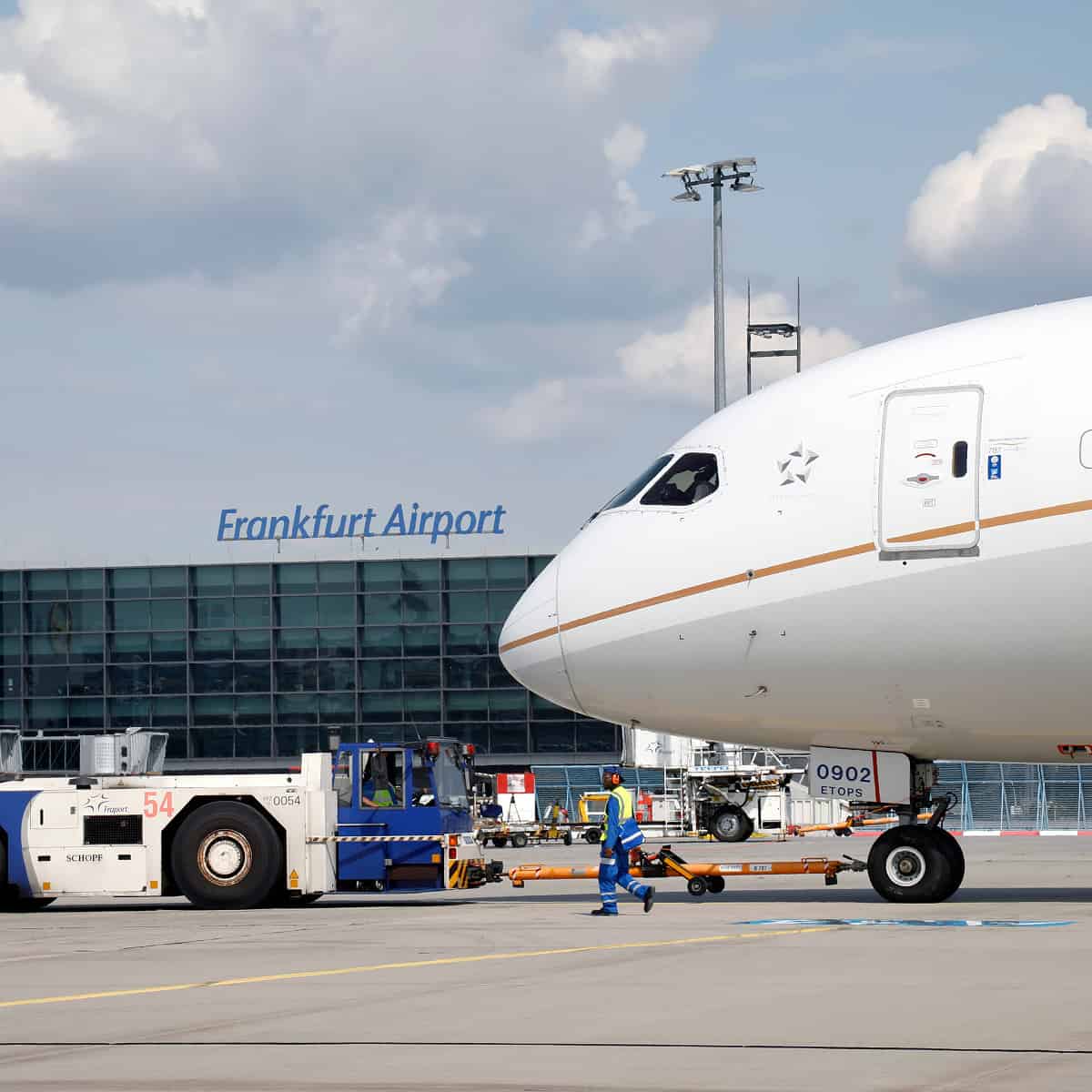Jordan is looking to alleviate fears of travelers from the America’s by touting the Hashemite kingdom as a secure oasis within this troubled Middle Eastern region. The kingdom has launched a drive to isolate the kingdom from associations to the challenging political climate of neighboring countries by selling Jordan as a stand-alone travel destination.
“The problem is that we always have to explain to the people abroad that this is a country that is very safe – unlike many other countries in the region,” Maha Khatib, Jordan’s Minister of Tourism and Antiquities told ontheglobe.com. “Whatever happens in this region does not mean there is any kind of danger or lack of security in Jordan. So changing this perception is occupying much of our efforts.”
Early next week, Jordan will host the second annual Jordan Travel Mart, a travel-trade event bringing together tour operators, travel agents and travel writers from the United States, Canada, and Latin America for two days of pre-scheduled appointments with Jordanian tourism-industry suppliers. The event highlights features including adventure, religious and cultural travel as well as cruises or spa retreats.
Following a comprehensive peace treaty between Jordan and Israel in 1994, travel agents and tour operators largely sold this country as an extension of tours from Egypt and Israel. However, as a result of violent flare-ups in neighboring Israel and the occupied territories in 2000, Jordan suffered a drought in tourist numbers of its own – further exacerbated by a three percent decrease due to the impact of the 2003 US invasion of Iraq.
These bitter experiences led Jordan to develop a strategy of shaking off its tourism dependency on the markets of others, and selling the country on its own.
Jordan attracts some 3.4 million yearly overnight visitors, and a 2004 strategy sees the ministry doubling arrivals by 2010. After regional tourism from Arab countries, the Americas represent the next most significant market segment for incoming tourism for Jordan.
The US, however, represents not only a significant economic target group but also a politically important market for the western leaning kingdom.
“Why do we have to link our country to Lebanon or to Israel where people have the perception of those countries as having political instability?” Minister Khatib reasons.
For a country with few natural resources to talk about, tourism is of vital importance to the economy of Jordan. It is the both the kingdom’s largest export sector and the second largest private sector employer. Tourism is the second highest producer of foreign exchange, and contributes more than 800 million USD to Jordan’s economy and accounts for 10 percent of the country’s GDP, according to the global market research firm Euromonitor International.
The jewel in Jordan’s crown is, however, the archeological site of Petra – which in 2007 was included as one of the “New Seven Wonders of the World” following a global poll of human-made marvels.
Jordan also boasts such notable travel destinations as the Dead Sea where you can float on waters at the lowest point on earth; the expansive Wadi Rum desert made famous by T. E. Lawrence who described its gorges as ‘vast, echoing and god-like’; or the Red Sea port of Aqaba. The country also is the host to some fifty biblical sites that in 2006 attracted 200,000 visitors.
These sites will be the focus of a showcase of the second annual Jordan Travel Mart (JTM) that will take place at the King Hussein Bin Talal Convention Center at the Dead Sea. The JTM, held between February 22 and 24, will attract over one hundred tour operators, travel agents and travel writers from the United States, Canada and Latin America.
“Jordan as a standalone destination can be sold to Canadians because they are learners who want to educate themselves, and have a cultural experience,” said Priyantha Amarasinghe, Product Development Manager for Toronto-based tour operator Tourcan Vacations, attending last years’ event.
Amarasinghe knows exactly who his target audience is for the destination: moneyed baby boomers aged between 45-55 who have precious time on their hands, and enjoy a strong Canadian dollar that goes the extra distance. Canadian tourism figures to Jordan increased by some 40 percent in the year before the event. However, visitors to Jordan as a standalone destination are still the exception, he adds.
“It is hard due to factors like publicity, advertising, media,” says Amarasinghe, “The information that consumers will have is crucial. If they are told that this is a great destination to have a holiday by visiting a spa at the Dead Sea, treatment packages, sightseeing adventure or nature – all is possible – provided we talk to the consumers through the various channels.”
But far-reaching international advertising campaigns are expensive. Jordan opts for reaching particular market segments. Faith-based tourism, for example, is an increasingly lucrative market that has already experienced a steady growth from US visitors thanks to marketing efforts by the Jordan Tourism Board in North America.
And Jordan boasts archaeological sites which are of interest to three of the world’s most significant religions. Situated between ancient Palestine and Mesopotamia, the kingdom today is the venue for some fifty sites of biblical importance and cited by the Vatican as legitimate pilgrimage destinations.
Sitting on the laurels of these sites is not the answer in a region which hosts the most important biblical sites in the world. The key, authorities say, is using these sites as a hook to lure faith-based travellers to the country’s other attributes.
“Traditionally when people think of religious travel it is defined as being travel to a religious destination or site,” says Kevin J. Wright, President of the Colorado-based World Religious Travel Association.
“The big story, though, in faith-based tourism today is that now its moving into a second and even a third branch. The second is travel with a missionary or a kind of humanitarian aspect which is your volunteer vacation. The third area which is really the big story is travel with a fellowship intent, in other words leisure travel within the context of an affinity group.”
Montreal-based cultural navigator Andrew Princz is the editor of the travel portal ontheglobe.com. He is involved in journalism, country awareness, tourism promotion and cultural-oriented projects globally. He has traveled to over fifty countries around the globe; from Nigeria to Ecuador; Kazakhstan to India. He is constantly on the move, seeking out opportunities to interact with new cultures and communities.






















